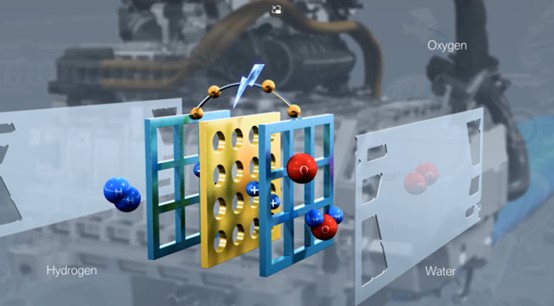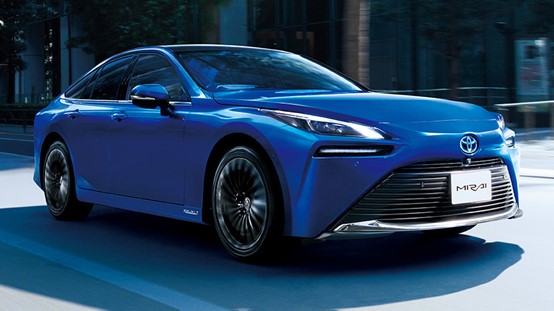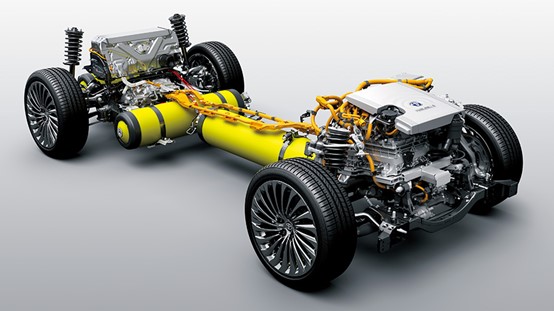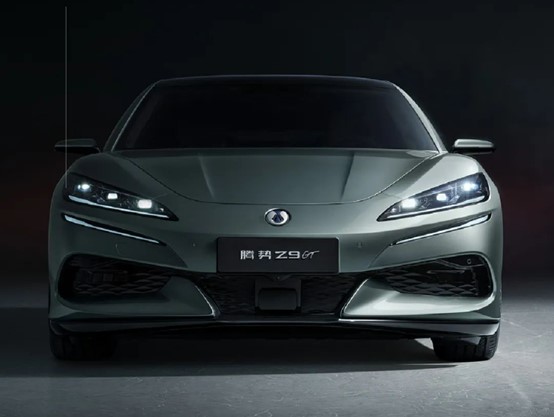


Please enter your registered phone number below to receive the verification code

BMW has developed a fuel cell concept vehicle, the iX5 Hydrogen, based on its X5 SUV. This model is equipped with two hydrogen tanks, offering a range of over 500 kilometers and the capability to be rapidly refueled with hydrogen in just 3 to 4 minutes. BMW aims to begin mass production of the iX5 Hydrogen in the coming years, with plans to have multiple hydrogen vehicle models by 2030. The X6 and X7 models may potentially be launched with fuel cell options starting from 2027, and even the Neue Klasse platform, focused on electric drive, may also offer fuel cell variants alongside its all-electric models.



Nevertheless, the global slowdown in the growth of electric vehicles seems to present an opportunity for the development of fuel cell electric vehicles. In July of this year, Honda Motor Corporation launched its new fuel cell vehicle in Japan and the United States, reversing the company's decision to exit fuel cell vehicle production in 2021.
2024-12-15
2024-12-14
2024-12-11
2024-12-11
2024-12-10

Electric Vehicle | Huawei HIMA Launches Two New Models of AITO M7 Pro and LUXEED R7

Solid-State Battery | QuantumScape Starts to Deliver QSE-5 B Sample Solid State Prototype Cells for OEM Testing...

Electric Vehicle | BYD Launches D-Class Luxury Models Denza Z9GT and Denza Z9
Lithium-ion Battery | CATL Plans to Expand 60 GWh Battery Capacity in Luoyang
LFP | LBM's First Overseas Lithium Iron Phosphate Plant Settles in Indonesia
Lithium | CATL Lithium Carbonate Production Halted, Lithium Prices Rise
Cathode Material | Easpring Keeps Growing LFP/LMFP Business, with Diversified Cathode Materials
Solid-State Battery | CATL Starts 20Ah All-Solid-State Battery Sample Test